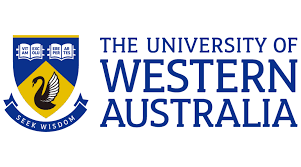University of Western Australia: Clinical Yarning eLearning program to improve communication in Aboriginal health care
The WA Centre of Rural Health of The University of Western Australia has announced the launch of the Clinical Yarning eLearning program.
Effective communication between clinicians and patients is the foundation to high quality health care however unfortunately, ineffective communication is common when there are cultural and language differences between clinicians and patients.
Clinical Yarning is a framework to assist clinicians improve the effectiveness of their communication in Aboriginal health care. The framework looks to improve the quality and cultural security of care for Aboriginal patients and their families.
The Clinical Yarning eLearning program was developed as a resource to improve the effectiveness of communication of health care clinicians who work with Aboriginal patients, by using the Clinical Yarning model.
The online course is available to health science students and health care providers and is around two hours long, with the opportunity to stop and start progress throughout the course at your own pace. By completing the survey at the end of the course, it’s possible to download a Course Completion Certificate.
It’s recommended that the Clinical Yarning eLearning program is accompanied by face-to-face training involving the practising of communication skills as the opportunity to practice, reflect, rehearse and repeat the skills, in a safe learning environment
(e.g. simulation), is essential to improving communication with patients.
WACRH would like to thank partner organisations WA Country Health Service and WA Primary Health Alliance for contributing to the development of the eLearning program and collaborators including Geraldton Regional Aboriginal Medical Service (GRAMS), South West Aboriginal Medical Service (SWAMS), Derbarl Yerrigan Health Service Aboriginal Corporation, University partners, health practitioners and community members.
Warning. Aboriginal and Torres Strait Islander people are advised that this course may contain the names, images, stories and voices of people now passed and resting in the Dreaming.

